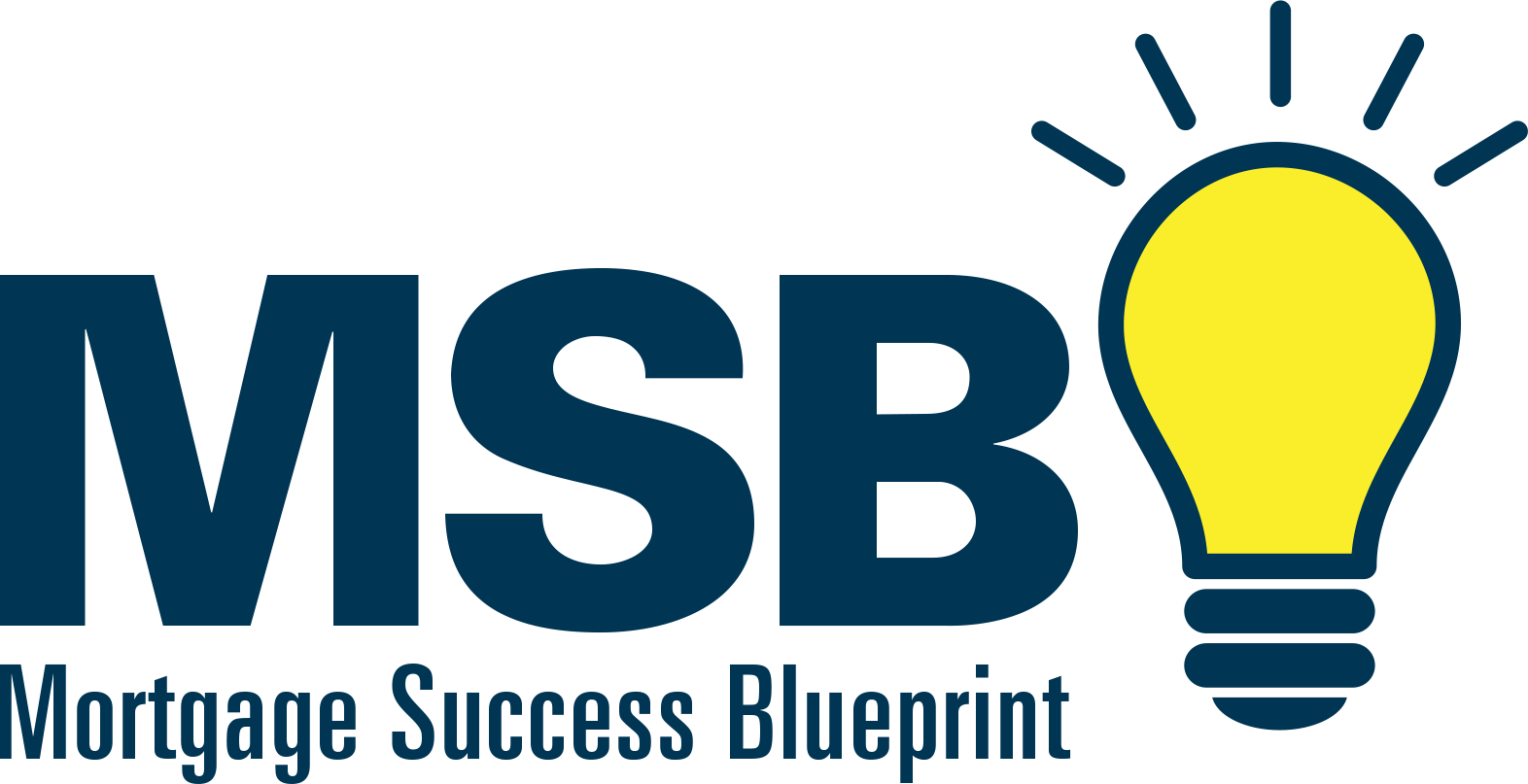To grow your business you must be willing to commit to yourself and not be at everyone’s beckon call. Why do you need to make an appointment to see a doctor but to see a mortgage specialist you don’t need to do anything but call?
How To Set Your Week So You Feel Ahead Not Behind, Stress Free And Productive
- Start your day out right
- Make appointments with yourself not just your clients
- Don’t answer every call
- Teach your team to do something until it’s done.
Start Your Day Out Right
There are many ways to start your day. A work out, spending time with your family, enjoying coffee and breakfast… But there are a few key things that you need to do in order to start your day for success.
Requirement 1: Start out happy. The first thing you need to do must be something that makes you smile. Whether that is a work out, being with your family, having a quite coffee by yourself and reading the paper etc…. Do something that makes you smile before you do anything else.
Requirement 2: Catch up before you go to the office. There is something about walking into your office and feeling like your ahead. When you walk in to the office and it doesn’t matter if you go in at 6 am. If you walk into the office and see 20 emails and get into “work mode” right away you will inevitably feel behind. Take 30 minutes or 45 minutes at home before you go to work and catch up on emails. Clean your plate with all the “busy work” before you go to the office.
Requirement 3: Put your game plan in place and review your calendar. Before you start “working” make sure you have a plan, what new deals are you going to close, what clients are you going to follow up with, what deals in your pipe are you going to work on, what agents do you need to call, who are you going to set up a meeting with. Before you start doing work put a plan in place.
Make Appointments With Yourself And Clients
Why do people accept that you might not be able to see a doctor the same day but they can see a mortgage person anytime? The reason is because we make ourselves that accessible. You won’t lose deals if you don’t answer a call, you won’t lose clients if you schedule and appointment 2 days later. If you set your team, your day and your value proposition correctly clients will actually want to work with you more than if you are always Johnny on the spot.
Set appointments with clients: Initial conversations should be scheduled, Closing calls should be scheduled, strategy meetings should be scheduled. Yes you have to answer some calls as they come in but these 3 types of conversations should be scheduled at least 1 day in advance or later in the day if your existing schedule permits.
Set appointments with yourself: Why does a day get away from us? Because we let the day control us versus the us controlling the day. You should take 4 things that you know you need to do every month that are not related to your pipeline, that are not related to selling and put the on YOUR calendar. You treat them just like any appointment and during that time you are doing nothing but you have scheduled for yourself.
Control your day: When you make yourself do all of these things you will be in charge of your day. You will get more done, you’ll be more organized, you’ll have less stress and you’ll feel a sense of accomplishment. You also have a way to measure your daily success. When you put your schedule together, your to do list together at the end of the day you’ll know if you won. The more days you will no matter what you did, as long as you won your schedule you will have success.
Phone Calls And Emails Get You Off Track
The telephone was designed to be able to communicate effectively. Email was designed to send quick messages back and forth. Overtime both of these have become used for something totally different than their intended use. They are the biggest distractions a loan originator can have. They are addictive, they take away our focus and they make you work on things that are not part of your plan. That doesn’t mean you should ignore them, rather be conscious of when and how you use them.
Phone calls: When you are in the middle of a scheduled event do not answer the phone unless it is an absolute priority call that will help you finish what you are doing. If you’re on the phone with a client making a pitch, do you put them on hold to have a conversation with a new client? NO! You finish your pitch then you call that new client back. On the other side if you’re working on something at your desk, or a project that you’ve planned and the phone rings we answer it. Remember the client calling in doesn’t know what you’re doing and they’ll still be just as responsive as if you were pitching a deal.
Emails: Don’t use email to have a conversation, use email to send messages or information. Don’t let your inbox control what you do and when you do it. This was the hardest thing for me to see my inbox filling up and ignoring it. However this has been the best thing I’ve done for productivity. When I’m in the middle of a scheduled event I ignore my inbox. I also have a scheduled time to monitor, clean up and respond to my emails. I’ve found that I get the same amount of emails taken care of, possibly more when I spend less time on them. I also get more of my other events and scheduled activities done when control what I’m doing not letting my emails control me.
Teach Your Team To Do It Until It’s Done
Stress and chaos comes from open loops: How many things are on your to do list that you’ve started but haven’t finished? How many things are laying around your office that you don’t need? How many emails do you have that you’ve responded to in a way that is asking for someone else to respond back? You need to close the loops and declare things done! Don’t declare them just to do it, don’t half ass it, take a deep breath, ask yourself how can I close this loop and then do it. Emails especially, we rush to send a response so it says “unread” and we didn’t put much thought into the email. If we take 10 extra seconds and ask ourselves “how can I wrap up this response?” and then send the email accordingly you’ll end the constant responses and new messages on the same topic in your inbox. This removes clutter and chaos.
2 minute rule: The 2 minute rule is one of the most effective ways to close loops. When you’re looking at something on your list ask yourself. Can I finish this to where it is completely done in 2 minutes? If so then do it right away, don’t let it wait. This will get rid of all the clutter. If you have 15 minutes before your next appointment, look at your daily plan and say, what task or tasks can I do in 15 minutes? Then start on those and finish them before your appointment.
Have a list, everyone on the team needs a list: Besides a list helping keep things organized, a list clearly defines what needs to be done and also allows your team to time manage. Maybe your processor is waiting on fees from escrow to do disclosures and they said 30 minutes. If she has a list then she can see what items she can do in those 30 minutes versus most processors that just start on the next file. That file takes 50 minutes to complete and next thing you know she has the fees. Now she has 2 open loops plus everything else on her to do list. This is when stress sets in and stress is the enemy of efficiency. The other thing and possibly the most important thing is that a list gives us a sense of accomplishment. There is nothing better than crossing something off. You feel great you feel accomplished and those feelings carry over to the next thing that you are going to do.
This is momentum. Teach your team how to have momentum.







